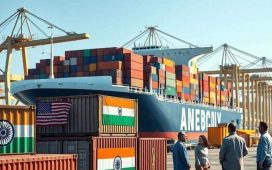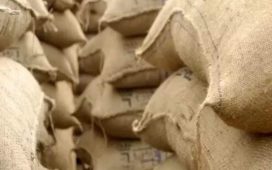
The free trade deal with the EU (European Union) on alcoholic beverages should be no different from the UK, negotiations for which are currently underway, CIABC said in a statement.
It added that the conditions that for a product to qualify as a whisky, it must be matured for a period not less than three years; and for brandy, one year, should not be applicable for products made in India, where climate is warm and maturation happens fast.
“It has been highlighted several times, along with scientific substantiations, that such long maturation is not applicable under warm Indian climate. We believe that it is effectively a non-tariff barrier since long maturation increases the cost of Indian products by 30-40 per cent as spirit evaporates 10-15 per cent every year under Indian climate (compared 1-2 per cent in Europe),” CIABC Director General Vinod Giri said.
He also said that the cost of capital deployed during maturation in India is high (8-10 per cent per annum) as compared to 2-3 per cent for Europe.
“We firmly believe that if the EU does not repeal the law pertaining to the maturation, any trade agreement will be one-sided favouring only the EU and will do nothing for the Indian industry,” he added. Giri further said that as the EU and the UK have tax-free trade, the proposed free trade agreements with the EU should be no different from the one with the UK. “If the deals agreed are any different, one can expect the trade to start using the more favourable route without any incremental cost or control,” he cautioned.
He said that India should offer the EU the same deal which is eventually agreed with the UK on spirits, and what has been agreed with Australia on wines.
“India should not offer any concessions if the EU does not open up its market for Indian products by repealing rules pertaining to maturation,” Giri added.











